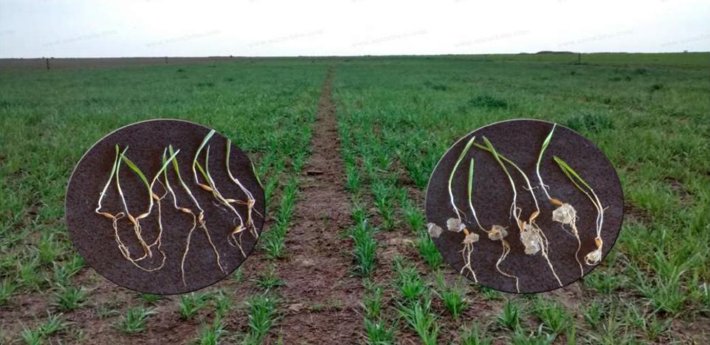Biodegradable super absorbent polymer (SAPs)are gaining attention due to their sustainable origins and significant environmental benefits compared to conventional petroleum-based SAPs. Biodegradable super absorbent polymer (SAPs) represents a cutting-edge innovation in materials science, blending remarkable water-absorbing capabilities with environmental responsibility. Organic super absorbent polymers are designed to absorb and retain large amounts of liquid, far exceeding the capacity of traditional absorbents, while also degrading naturally in the environment over time. These polymers are primarily derived from renewable resources such as starch, cellulose, and other polysaccharides. To assess the production footprint of bio-based SAPs, several factors need to be considered:
1. Raw Material Sourcing and Its Impact
Renewable Resources: The use of renewable biomass in the production of biodegradable absorbent material can significantly reduce the carbon footprint.
Agricultural Impact: Sustainable farming practices are essential to mitigate the environmental impacts of crop cultivation for biomass, including land use, water use, and potential deforestation.
2. Efficient Production Processes
Energy Consumption: water absorbing resin often require less energy for production, but the specific requirements depend on the methods and technologies used.
Chemical Use: The conversion of biomass to SAPs involves chemicals, and their environmental impact must be managed through sustainable practices.
3. Carbon Footprint and Sequestration
Carbon Sequestration: Plants absorb CO2, offsetting some emissions from production.
Life Cycle Analysis (LCA): A comprehensive LCA should evaluate the carbon footprint from raw material extraction to disposal.
4. Water Footprint Management
Irrigation: Water use for biomass cultivation can be significant; using rain-fed crops or improving water-use efficiency is beneficial.
Process Water: Implementing water recycling and conservation in production processes is crucial.
5. Waste Management and Biodegradability
By-products: Effective management of by-products from SAP production is necessary to minimize waste.
Biodegradability: The potential for bio-based SAPs to degrade naturally is a key environmental advantage.
6. Advantages Over Conventional SAPs
Environmental Impact: Bio-based SAPs generally have lower environmental impacts, particularly regarding carbon emissions and energy use.
Performance: super absorbent polymer biodegradable must match the performance of conventional SAPs in terms of absorbency, retention, and mechanical properties.
Energy and Carbon Savings: Studies show a 30-50% reduction in greenhouse gas emissions compared to synthetic SAPs.
SOCO® biodegradable superabsorbent polymer: A Sustainable and Environmentally Friendly Solution
SOCO® superabsorbant polymers is an advanced material that promotes environmental protection and ecological balance. It incorporates biodegradable groups, reducing reliance on fossil fuels and the carbon and energy footprint in production.
Environmental Advantages of SOCO® absorbant biodegradabil
Low Carbon Emissions: SOCO® bioresorbable polymer significantly reduces greenhouse gas emissions during production.
Degradability: It degrades quickly in the natural environment, reducing soil and water pollution.
Conservation of Ecosystem: Throughout its life cycle, SOCO® water biodegradable polymers strictly controls pollutant emissions and conserves resources, promoting a circular economy.

Application Areas of SOCO® biodegradable superabsorbent polymers
SOCO® bioabsorbable polymers is widely used in agriculture, icepacks, and mining recovery, providing green solutions with its excellent water absorption and eco-friendly properties. For instance, in agriculture, it enhances soil water retention and crop growth, and in sewage solidification, it supports vegetation recovery more effectively than ordinary SAPs.

SOCO® bio-based superabsorbent polymer (SAP) is a key contributor to the advancement of green technology and sustainable development, with its outstanding environmental performance and broad application prospects. We are dedicated to contributing to global ecological protection and sustainable resource use through innovative bio-based material solutions.
The biodegradable superabsorber polymer market is expanding rapidly due to the increasing demand for eco-friendly alternatives in various applications.These materials are often derived from renewable resources like plant fibers, starches, or other natural polymers. Sodium polyacrylate, a widely used super absorbent polymer, exhibits varying degrees of biodegradability depending on its formulation and environmental conditions.



